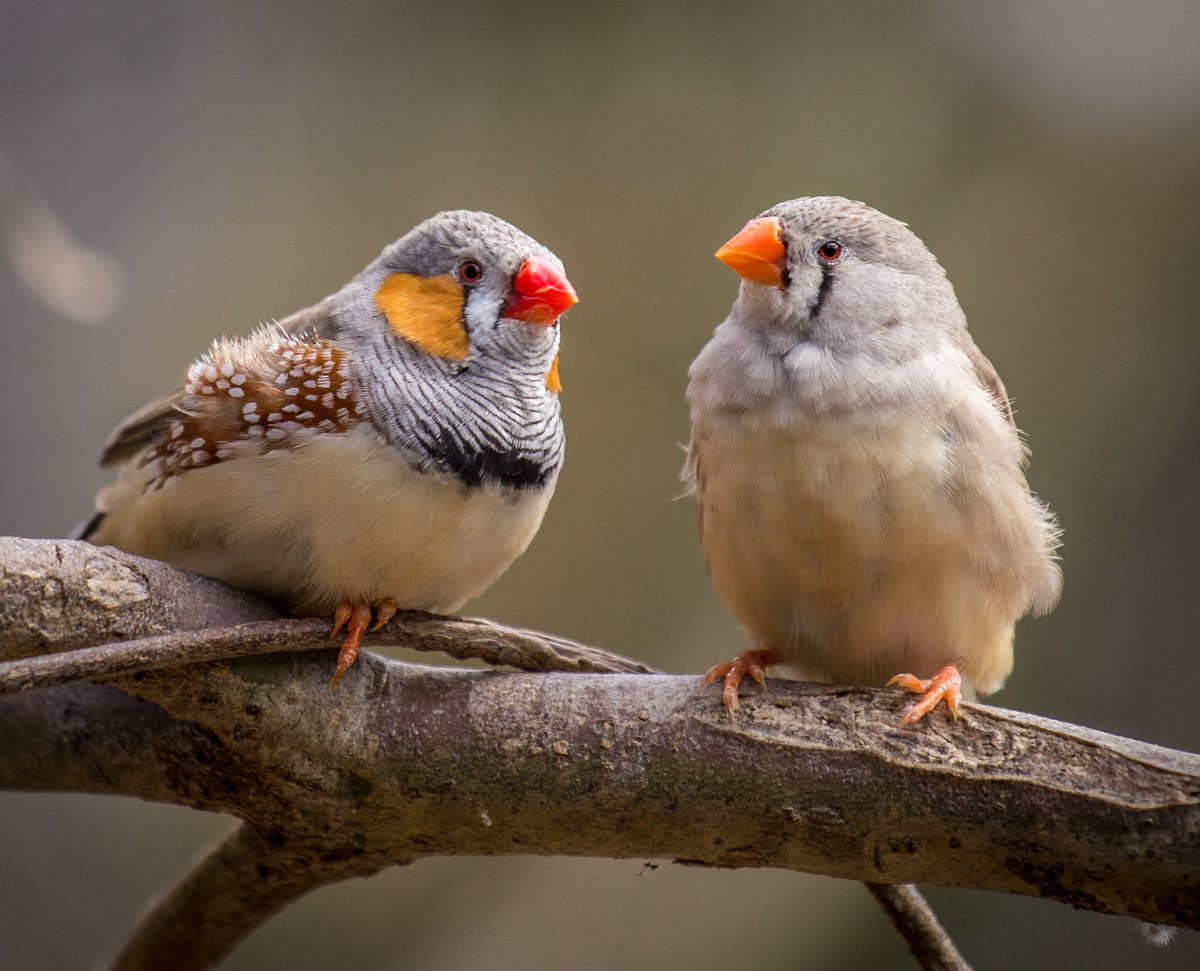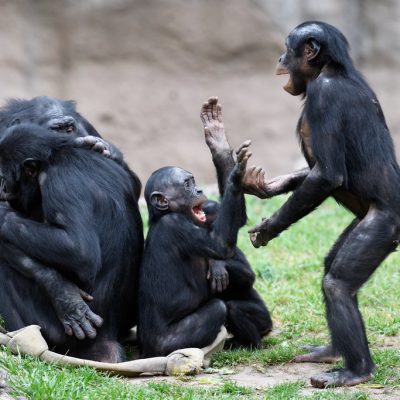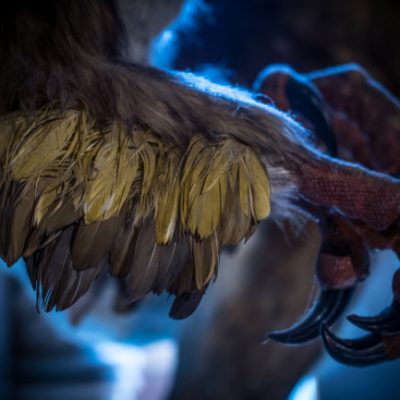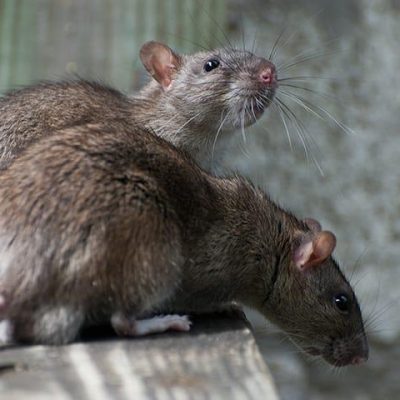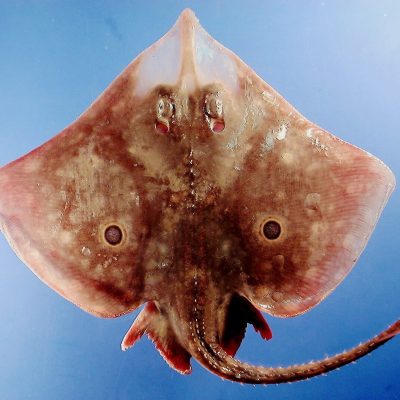The significance of prolactin, commonly linked with lactation, extends beyond nourishment, showcasing its role in shaping parenting skills across diverse animal species. This hormone, known for stimulating milk release in mammals, also plays a crucial role in producing “bird’s milk” and milk-like discharge in certain bird and fish species to nurture their offspring. A study, published on January 3, 2018, in the journal “Hormones and Behavior,” explored the impact of prolactin on birds that do not provide food for their young.
Both male and female banded squinches exhibited diminished parental care when prolactin levels decreased. Squinches treated with a prolactin-suppressing drug spent less time nesting and caring for their young. Notably, those administered the drug, along with peanut oil, showed a significant decline in caregiving activities for two hours after treatment.
The research, co-authored by Dr. Kristina Smiley from the University of Otago, New Zealand, aims to unravel the evolution of hormones and animal behaviors. Dr. Smiley emphasizes the importance of studying various species to identify commonalities and differences influenced by this hormone.


